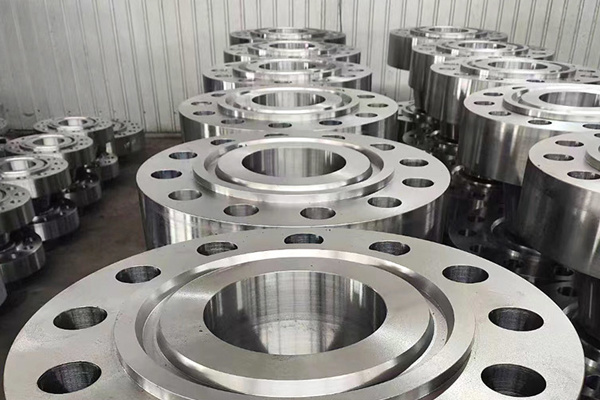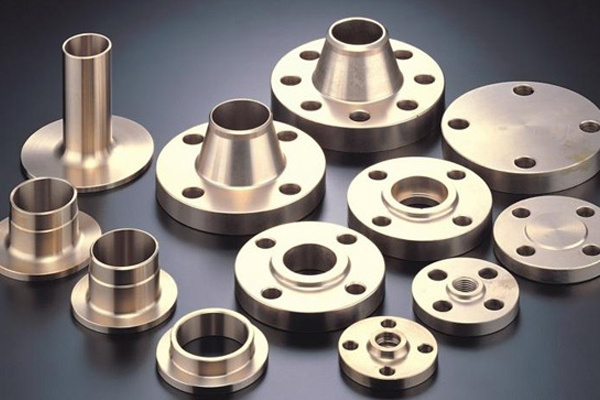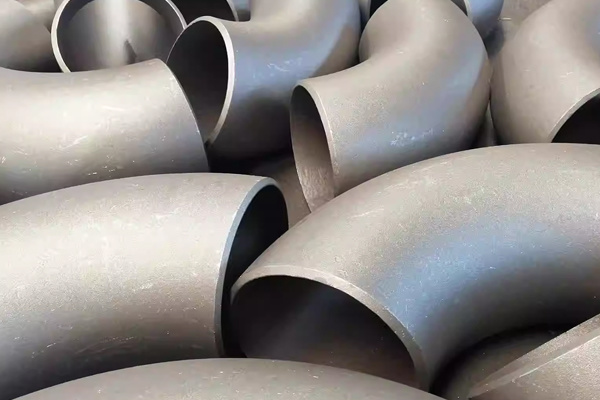The A to Z of Pipe Fitting: A Comprehensive Guide
2025-09-04
Pipe Fitting
Understanding Pipe Fitting
Ever found yourself knee-deep in a plumbing project, scratching your head over pipe fitting? You're not alone! Whether you're a DIY enthusiast or a seasoned pro, understanding the ins and outs of pipe fitting can make or break your project. This article is your one-stop-shop for all things related to pipe fitting!
What is Pipe Fitting?
Simply put, pipe fitting refers to the process of connecting pipes to create fluid systems. Think of it as the glue that holds the plumbing world together. From water supply lines to gas distributions, pipe fittings are crucial to ensuring that everything runs smoothly.
Types of Pipe Fittings
Let's dive into the nitty-gritty! Pipe fittings come in various shapes and sizes, each serving a specific purpose. Here are some key types:
- Elbows: These are used to change the direction of the piping, usually at a 90 or 45-degree angle. They're like the sharp turns of a race track!
- Tees: Shaped like the letter 'T', these fittings allow for branching off into another pipe. Perfect for when you need to split your water supply!
- Couplings: These connect two pipes together for a seamless flow. Think of them as the handshake of the plumbing world.
- Adapters: These fittings help join pipes of different sizes or materials. They're the ultimate solution for mismatched pipes!
Materials Matter
Not all pipe fittings are created equal! Materials play a significant role in the effectiveness and durability of your plumbing. Here are a few common materials:
- PVC: Affordable and lightweight, PVC fittings are perfect for residential plumbing. Just don't use them for hot water!
- CPVC: A step up from PVC, CPVC can handle hot water, making it ideal for domestic hot water lines.
- Metal: Copper and stainless steel fittings are more robust and resistant to corrosion. They're your go-tos for long-lasting installations!
Installation Tips
Alright, let's get down to brass tacks! When it comes to installing pipe fittings, here are some handy tips:
- Measure Twice, Cut Once: This old adage rings true in the world of pipe fitting. Accurate measurements save you time and materials!
- Use the Right Tools: Wrenches, cutters, and sealants are essential. Don't skimp on quality tools; they make a world of difference!
- Follow the Codes: Always adhere to local plumbing codes and regulations. They're there for a good reason!
Common Mistakes to Avoid
Even the best of us can make rookie mistakes. Here are a few blunders to watch out for:
- Over-tightening: It's tempting to crank those fittings down tight, but over-tightening can lead to cracks and leaks. Just snug them up!
- Neglecting Seals: Failing to use thread sealants on threaded fittings can result in leaks. Always seal the deal!
- Ignoring Compatibility: Mixing different materials can lead to corrosion and failures. Make sure everything plays nice!
Conclusion
So there you have it! A crash course on pipe fitting that covers everything from the basics to best practices. Whether you're upgrading your home plumbing or embarking on a new project, understanding pipe fitting will save you time, money, and a whole lot of headaches. Happy plumbing!
Key words:
RELATED INFORMATION
API 6A TYPE 6BX flanges and blinds in ANSI/API Spec 6A specification
2024-05-22
The Essential Guide to Carbon Steel Plate Flanges in Construction and Decoration
2024-05-22
Discover the Advantages of 45° Long Radius Elbows in Construction Projects
2024-05-22












